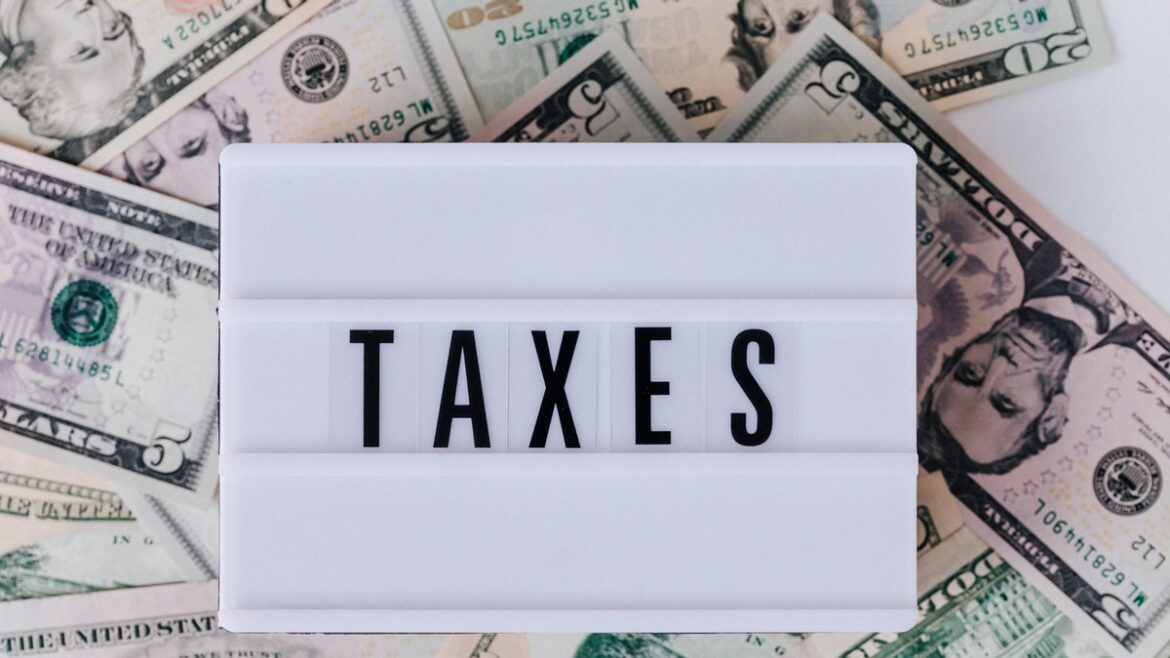Is it compulsory to file an income tax return for an individual or HUF if there is no income earned?
Before answering the question, let’s understand some basics.
What is an Income Tax Return (ITR)?
Income tax is charged by the Government of India on the Income earned during the year. Income tax return or ITR as it is popularly known is a form wherein a taxpayer VOLUNTARILY provides various information such as their income, various deductions and exemptions that are applicable to them, total taxes which are due on their Income.
When is it compulsory to file Income Tax Returns?
An individual or HUF has to file an Income Tax Return in the Following circumstances
- When their Income for the year exceeds their Basic Exemption Limit (Explained below) OR
- When they enter into High-Value Transactions (Explained below)
Thus, a question may pop-up in your mind. Is it mandatory to file an Income Tax Return if you don’t have any Income at all?
Let’s dig a little further…
It is wise and advisable to file your Income Tax return since it has many benefits and perks
When should you file an Income Tax return even when it not compulsory?
Majorly, people file ITR when it is compulsory for them to do so. But there are some unique cases where an Individual must file his/her Income Tax Return even when it is NOT compulsory in law to do so: –
- For taking a Loan: –
The most important criteria of any bank before giving any loan is the Income of a person. Banks do ask for copies of previous 2-3 years Income Tax Returns along with various other income details. For e.g. Salary slips, Bank Statements etc. - Travelling abroad
Income Tax Return copies are very compulsory if you’re applying for a visa of USA, Europe, Canada etc. Foreign consulates verify the same during the Visa Interview to ensure that you are earning income in India and are not planning to leave the country and settle in their country. - Claiming Losses
Filing of Income Tax Return is necessary to claim and carry forward losses to subsequent years. Hence, if you want to take benefit of losses incurred in a year so that it can be set off against income earned in subsequent years, it is mandatory to file an Income Tax Return. - Claiming a Refund
Many a times, tax is deducted on income received. For e.g. TDS is deducted on interest received from FD. If you want to claim Refund of this tax deducted if your income is below basic exemption limit, it can be done only if an Income Tax Return is filed. - Purchasing Term insurance
Insurance companies determine cover for life (term) insurance depending on the income shown in the Income Tax Return. If you offer higher income that means you are eligible for higher cover of insurance. - Applying for a Credit card
Some banks even ask for Income Tax Return copies before accepting your credit card request.
It is important to note that when a person does investments involving huge amount (such as purchase of immovable property, purchase of mutual funds/shares etc.) or enters into major financial transactions (such as high cash deposit, high cash withdrawal, large amount of credit card expenditure etc.), the Income Tax department will send reminders to file Income Tax Returns. If the person does not file the Return, there are high chances of receiving notices from Income Tax asking for relevant documents to prove the person’s income. Thus, if you are entering into these kind of transactions, it is advisable to file Income Tax Returns if though it may not be compulsory.
Thus, even if not compulsory, it is wise and advisable to file your Income Tax return since it has many perks as can be seen in the above instances.
DUE DATES FOR FILING INCOME TAX RETURNS
| Sr. No. | Category of Taxpayer | Due Date |
| 1 | Individuals, HUF, Firm, BOI, AOP. (With no audit requirement.) | 31st July of the subsequent year |
| 2 | Company, Taxpayers whose accounts need to be Audited, working partner (whose firm’s books of accounts need to be Audited) | 30th September of the subsequent year |
| 3 | Company wherein Transfer Pricing applicable | 30th November of the subsequent year |
What are high value transactions?
Following are certain high value transactions as defined in the Income Tax Act.
If an individual or HUF: –
1. has deposited an amount or aggregate of the amounts exceeding one crore rupees in one or more current accounts maintained with a Bank; OR
2. has incurred expenditure exceeding two lakh rupees for travel to a foreign country; OR
3. has incurred expenditure of exceeding one lakh rupees towards consumption of electricity. OR
4. Individuals who have assets or financial interest in entities that are located outside India.
If an individual enters into ‘high value transactions’ then it is mandatory for him/her to file an Income Tax Return.
What is a Basic exemption limit?
A Basic exemption limit is an amount of Income on which no Income Tax is payable. So, for example, if Mohan aged 45 years has an Income of Rs 2,40,000 then he will not have to pay Income Tax as his Income does not exceed the Basic Exemption limit for his age which is Rs 2,50,000.
The Basic Exemption limit depends on the age and is as follows: –
| Category | Basic Exemption Limit |
| For individuals below the age of 60 years | Rs 2,50,000 |
| For individuals aged above 60 years but less than 80 years | Rs 3,00,000 |
| For individuals aged above 80 years | Rs 5,00,000 |
Note – Basic exemption limit is to be calculated before any deductions and exemptions.
What documents are required to file an Income Tax Return?
- Aadhar card
- PAN card
- Bank statements/Passbook for the whole year of all the accounts
- Form 16 / Form 16A
- Form 26AS which a consolidated annual tax statement of income on which attracts TDS/TCS
- Capital Gain statement for sale of shares/mutual funds
- Proof to claim deductions for PPF contribution, LIC premium, Mediclaim, donation receipts etc. under section 80C to 80U.
What is the Penalty for not filing an Income Tax Return on time?
No law is passed without stating the consequences or penalties if you fail to obey the law. For example, it is compulsory to stop before the red light while driving but if you don’t you have to pay a fine of Rs 500/-
Until recently although it was mandatory to file your tax returns there weren’t any serious consequences of missing the deadline to file your return. However, as per recent amendments delay in filing Income Tax Returns will attract a penalty. Below is the penalty/fine you will end up paying if you do not file your Income Tax Return on time
| Return Filing Date | Income below Rs.5 lakhs | Income above Rs.5 lakhs |
| Upto due date | No late filing fee | No late filing fee |
| After due date till 31st December | Rs.1000 | Rs.5000 |
| After 31st December till 31st March | Rs.1000 | Rs.10000 |
Conclusion: Although you have to file your Income Tax returns when you satisfy certain conditions, it makes sense and is beneficial to you if you file your returns even when they are not compulsory! And yes, DO NOT forget to file your Income Tax returns before the due dates!
You can contact us here to file your Income Tax Return!




